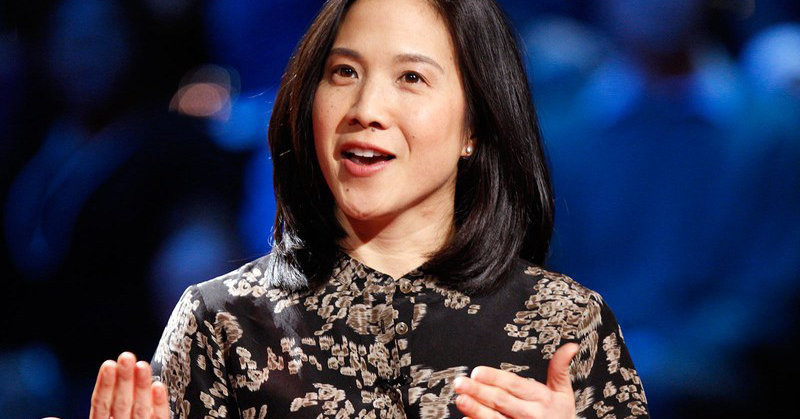
Angela Duckworth was teaching math when she noticed something intriguing: The most successful students weren’t always the ones who displayed a natural aptitude; rather, they displayed something she came to think of as grit. Later, as a graduate student in psychology at the University of Pennsylvania, she defined the term — a combination of passion and perseverance for a singularly important goal — and created a tool to measure it: the “grit scale,” which predicted outcomes like who would graduate from West Point or win the National Spelling Bee. As a result of this work, Dr. Duckworth was named a MacArthur “genius” in 2013, and the notion of grit has become widely known. Her new book, “Grit: The Power of Passion and Perseverance,” will be available in May.
So why is grit so important?
My lab has found that this measure beats the pants off I.Q., SAT scores, physical fitness and a bazillion other measures to help us know in advance which individuals will be successful in some situations.
How does one develop grit?
You cannot will yourself to be interested in something you’re not interested in. But you can actively discover and deepen your interest. So once you’ve fostered an interest, then, and only then, can you do the kind of difficult, effortful and sometimes frustrating practice that truly makes you better. Another thing is really maintaining a sense of hope or resilience, even when there are setbacks.
How can parents foster grit in their children?
The parenting style that is good for grit is also the parenting style good for most other things: Be really, really demanding, and be very, very supportive. By this I don’t mean material things; I mean emotional support. If parents are warm and loving, the kids tend to feel loved. Respect, or what the parenting literature calls “autonomy support,” is also essential. That’s when parents allow their kids to make their own decisions just as soon as they are capable.
A Penn task force found that some students have unrealistic expectations about what they can achieve, even at the expense of their mental health. How might grit affect those pressured from birth to excel?
It’s a really good question. I don’t have an adequate answer. We have found a direct correlation between grit and positive emotions, but the fact that I have no evidence that grit is bad for you doesn’t mean it’s not. It’s always a possibility that in the future researchers will discover a downside to grit.
Another factor identified by the task force was that some of these students hide their suffering instead of seeking help.
Gritty people are not necessarily stoic. One woman, who is now an emeritus professor of mathematics, told me: “I don’t like that item on your grit scale that ‘setbacks don’t discourage me.’ ” She said: “I get as discouraged as anyone else. It’s just that I get up again two days later.”
Being gritty doesn’t mean not showing pain or pretending everything is O.K. In fact, when you look at healthy and successful and giving people, they are extraordinarily meta-cognitive. They’re able to say things like, “Dude, I totally lost my temper this morning.” That ability to reflect on yourself is signature to grit.
In the book you describe the life experiences of Ta-Nehisi Coates, an interesting choice because the bulk of his writing focuses on how individuals can be at the mercy of systemic forces. The writer Parul Sehgal has gone so far as to say that calling for more grit and resilience is “a cleverly coded way to shame those speaking out against injustices.”
I can understand that talking about grit sends the message that structural things, like societal-level racism and so forth, don’t matter because you should just be gritty. That’s not my message. My message is the same advice I give my kids and Coates gives his kids: It’s not that poverty or racism doesn’t matter, it’s just that hard work does matter.
Is grit the key to success, as your TED Talk was titled?
I wasn’t thrilled with the title TED.com gave to my speech. Instead, I would say that grit is essential to success, but it’s not the only thing.
Interview has been condensed and edited.

